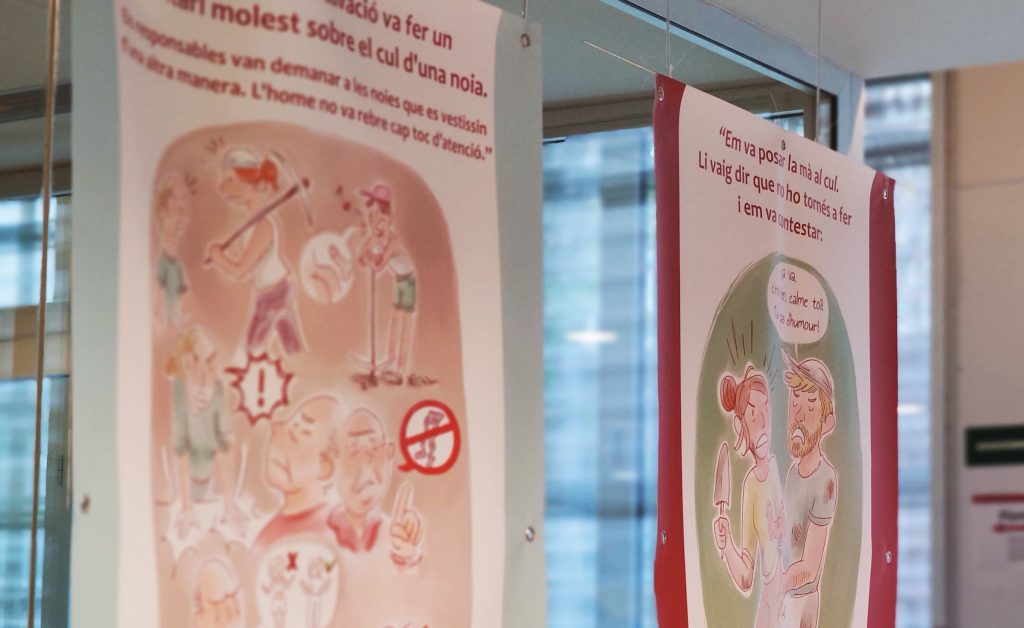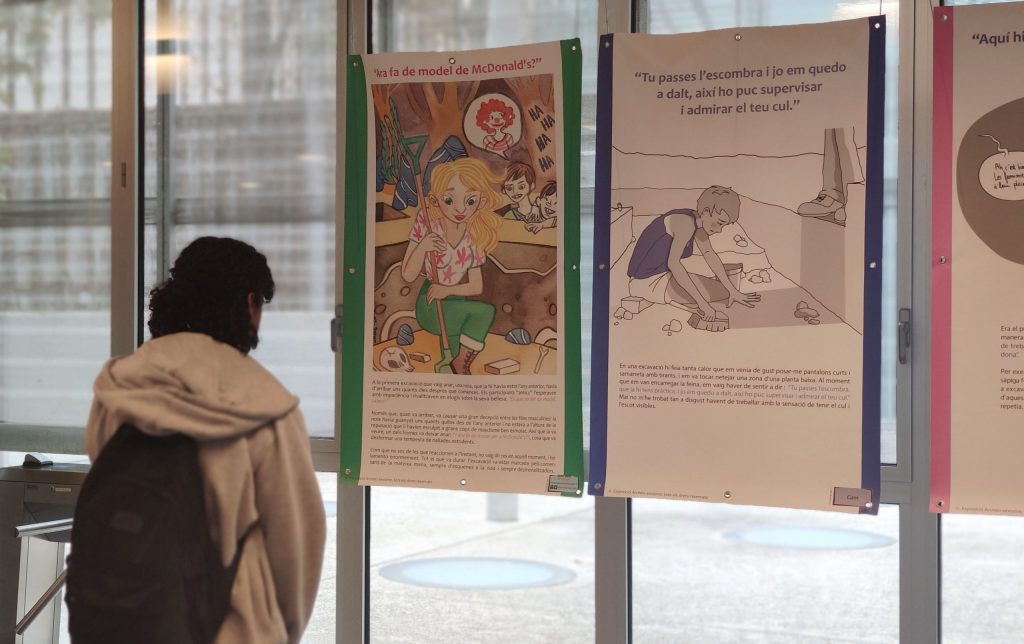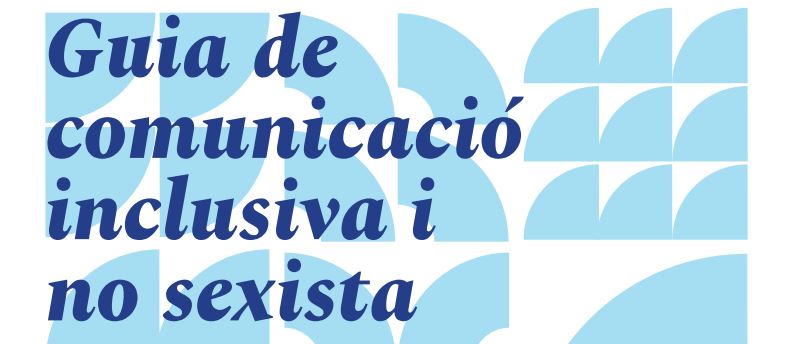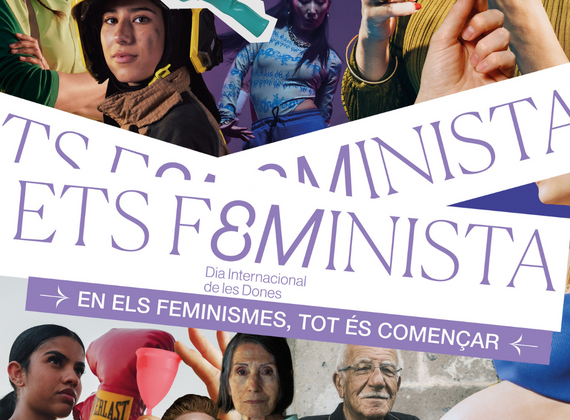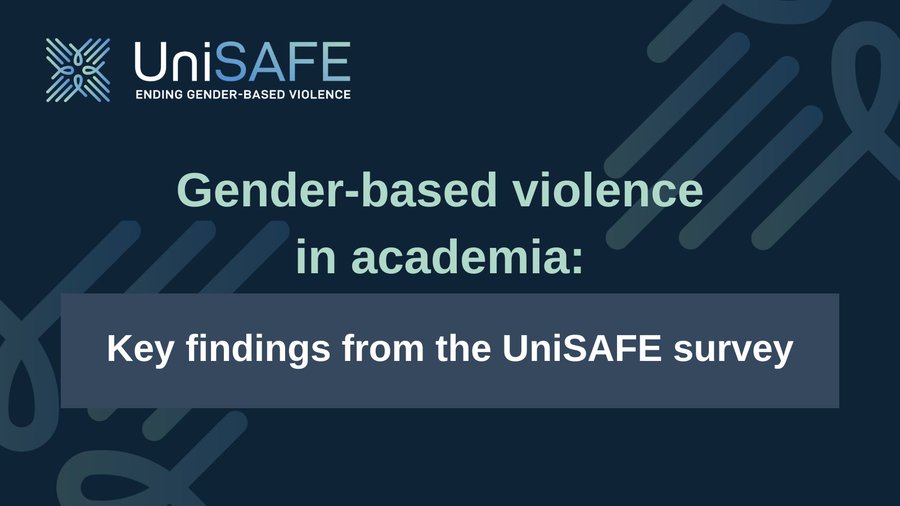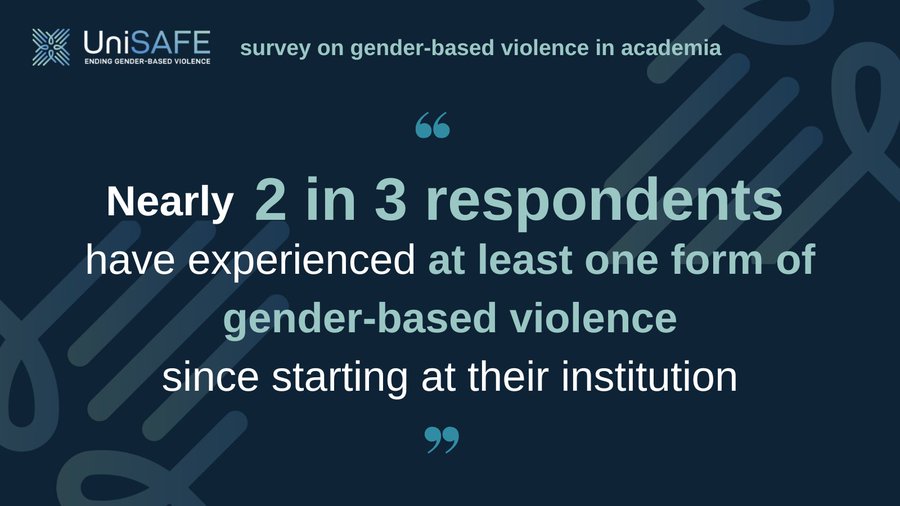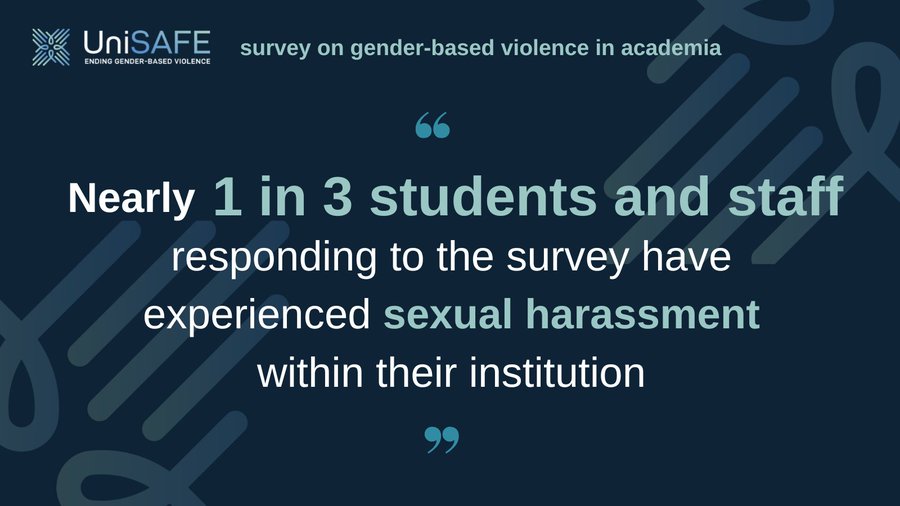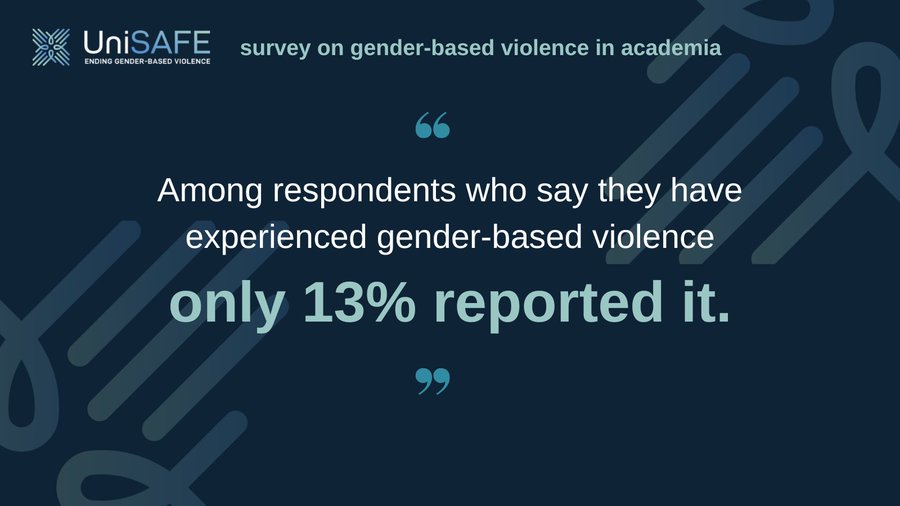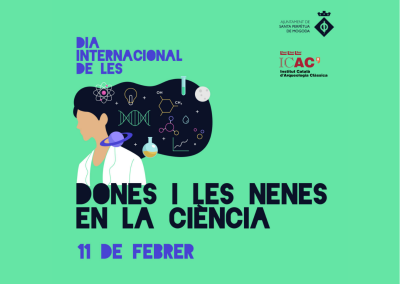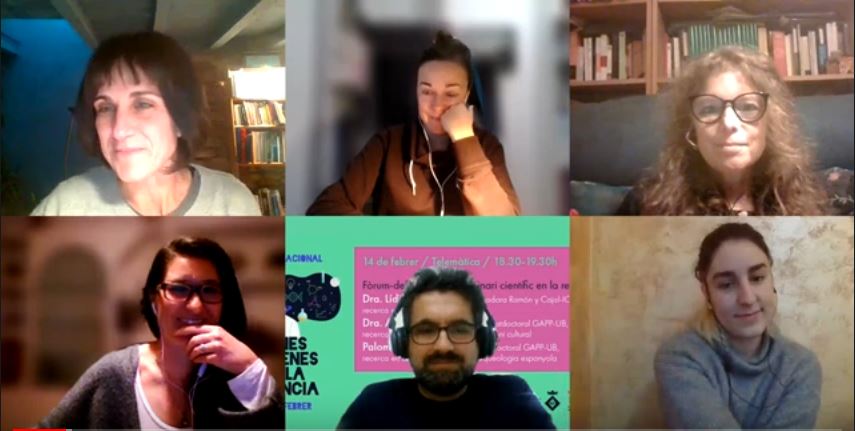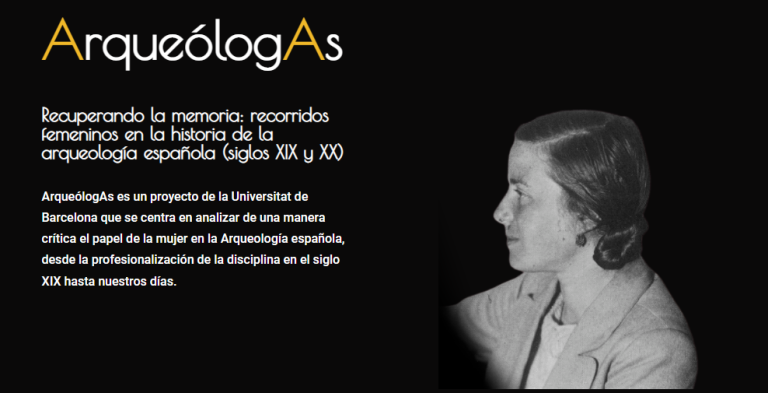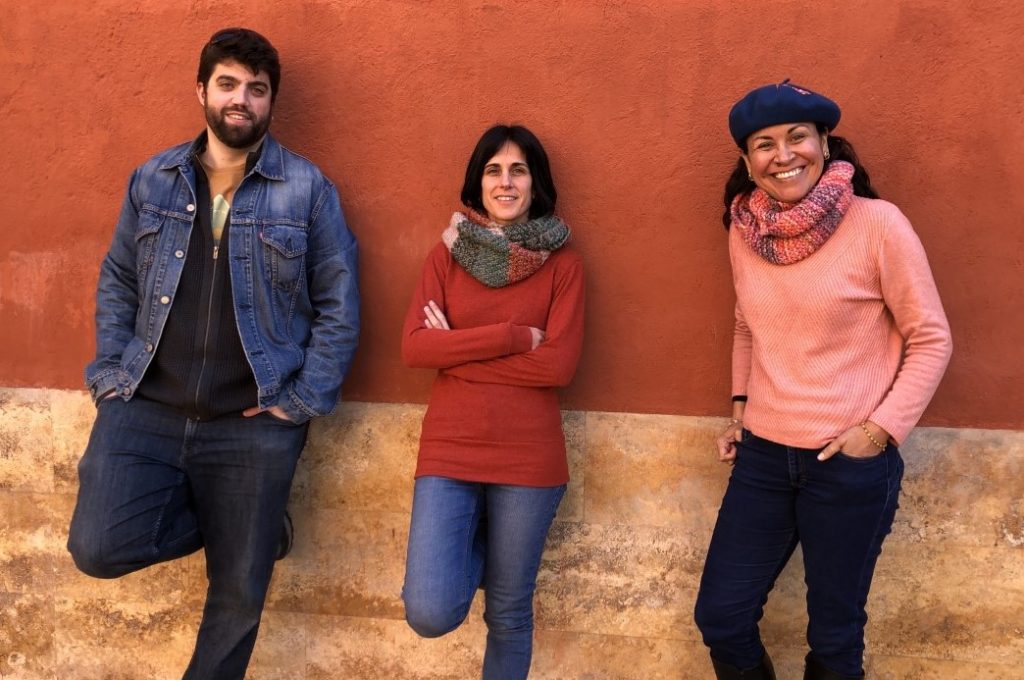Inauguration of the traveling exhibition ‘Archaeosexism’.
The ICAC-CERCA, in collaboration with the Equality Unit of the URV, has launched an awareness project in which, for the first time in Catalonia, they have brought the traveling exhibition ‘Archaosexism’, created in France by the Archéo-Éthique Association and the Paye ta Truelle project in 2019.
On Tuesday, December 12, the exhibition kicked off at the CRAI campus Catalunya of the URV, with the participation of the director of ICAC-CERCA, Josep Maria Palet, and representatives from the Equality Unit, CRAI, and the Department of History of the URV, who collaborate in the project.
The ‘Arqueosexism’ exhibition will travel to different CRAI locations at the URV from December 2023 to May 2024.
After visiting the CRAI at Campus Catalunya, the ‘Archaeosexism’ exhibition will move to the CRAI locations at Campus Sescelades, Campus Terres de l’Ebre, Medicine and Health Sciences Campus, Campus Bellisens, Campus Vila-seca, and Baix Penedès one.
Later on, the Equality Committee of ICAC-CERCA, the driving force behind this initiative, plans to take the exhibition to the headquarters of the Department of Culture of the Generalitat de Catalunya in Tarragona, to the CERCA Institution in Barcelona, and various Catalan universities. The first location will be the University of Lleida.
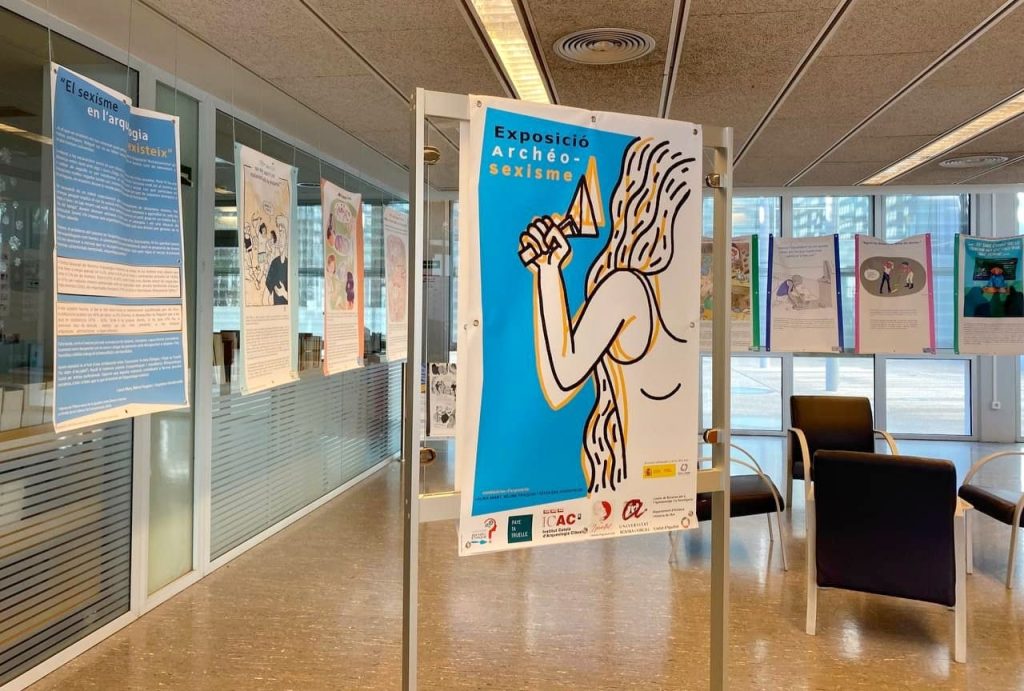
The presentation included a talk titled “From Invisibility to Impunity: (De)ciphering Gender Discrimination and Sexual Harassment in Archaeology,” given by Ariadna Nieto Espinet (Ramón y Cajal researcher in the ARQHISTEC-GIP research group at the University of Lleida). A large group of students from the URV’s Degree in Art History and Archaeology attended.
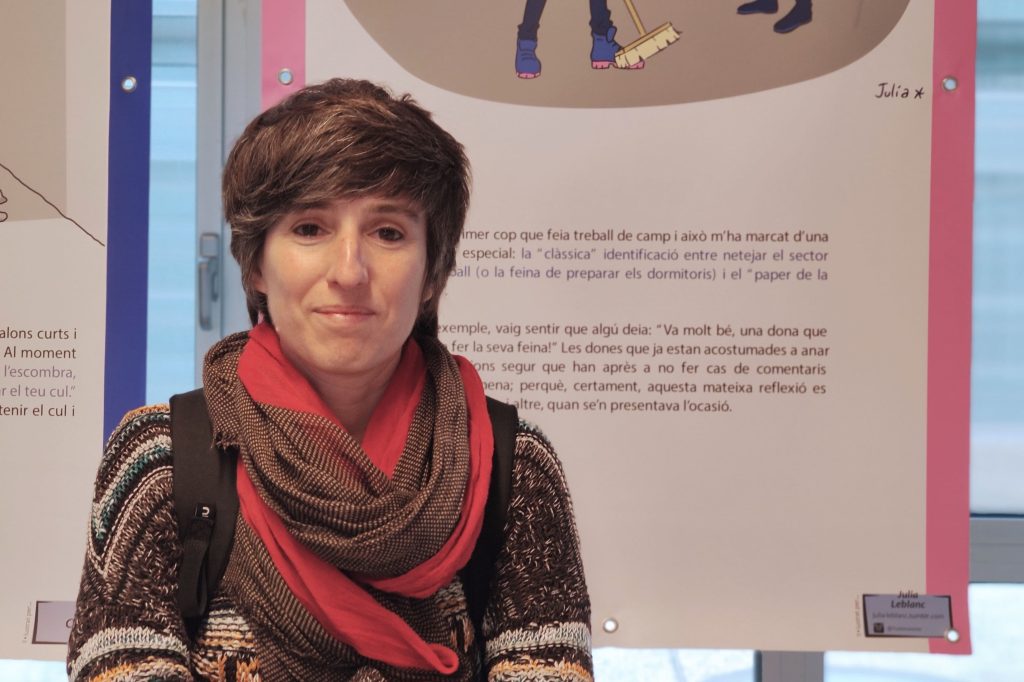
The ‘Archaeosexism’ exhibition promotes gender equality in the field of research while fostering scientific culture.
Afterward, students and attendees were able to take a guided tour of the exhibition, which features panels combining texts (translated into Catalan) and illustrations by different artists to showcase real testimonies from archaeologists who share their experiences and perspectives on the issue of sexism in archaeology, especially in the field.
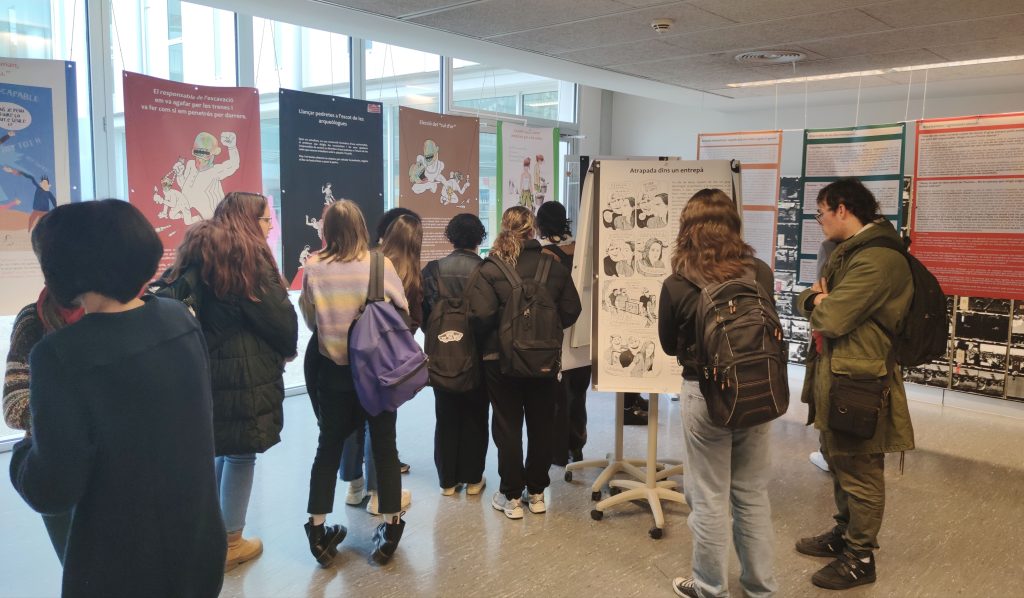
The exhibition opened at the Maison de l’Archéologie et de l’Ethnologie (Nanterre, France) in 2019 and has since traveled to various institutions in France, Belgium, Switzerland, and the United States.
Now, thanks to the collaboration between ICAC-CERCA and the URV (through the Equality Unit, CRAI, and the Department of History and Art History), it has arrived in Catalonia for the first time.
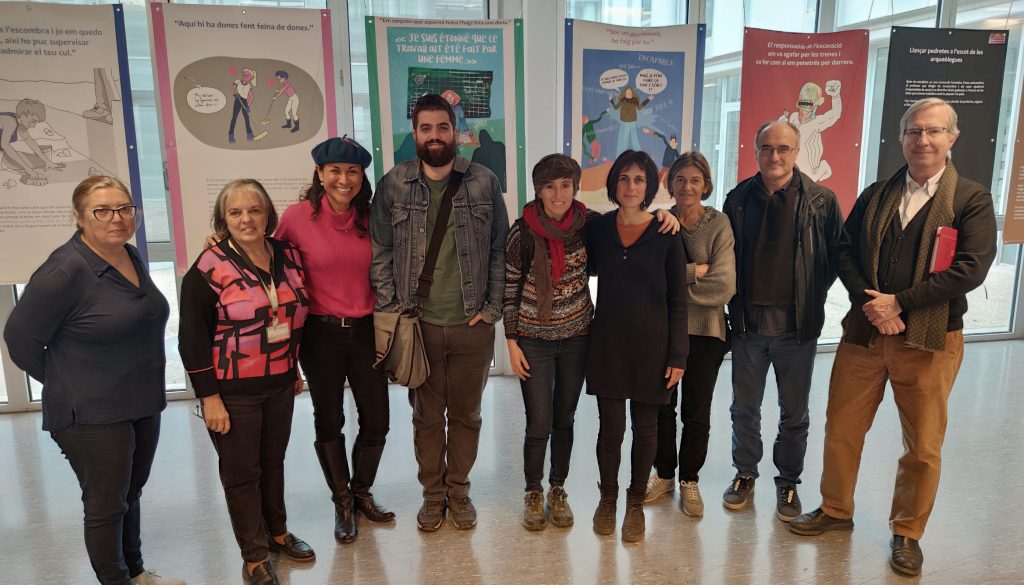
The exhibition display dates at the CRAI locations of the URV (from December 5, 2023, to May 30, 2024) are:
- CRAI campus Catalunya (Tarragona): 05/12/2023 – 15/01/2024
- CRAI campus Sescelades (Tarragona): 19/02/2024 – 08/02/2024
- CRAI campus Terres de l’Ebre (Tortosa): 19/02/2024 – 29/02/2024
- CRAI Medicina i Ciències de la Salut (Reus): 11/03/2024 – 21/03/2024
- CRAI campus Bellissens (Reus): 08/04/2024 – 18/04/2024
- CRAI campus Vila-seca (Vila-seca): 29/04/2024 – 09/05/2024
- CRAI Seu Baix Penedès (coma-ruga, El Vendrell): 20/05/2024 – 30/05/2024
